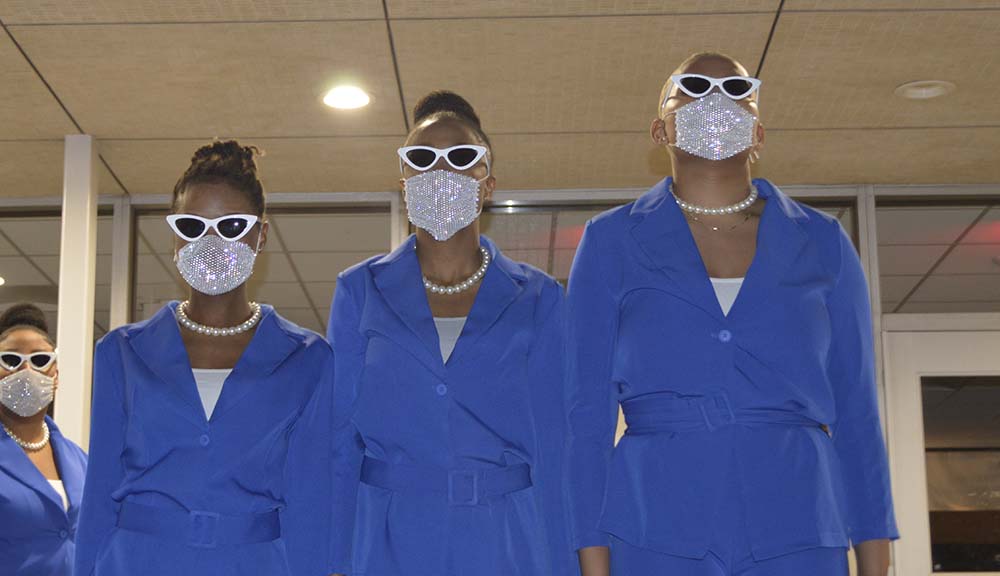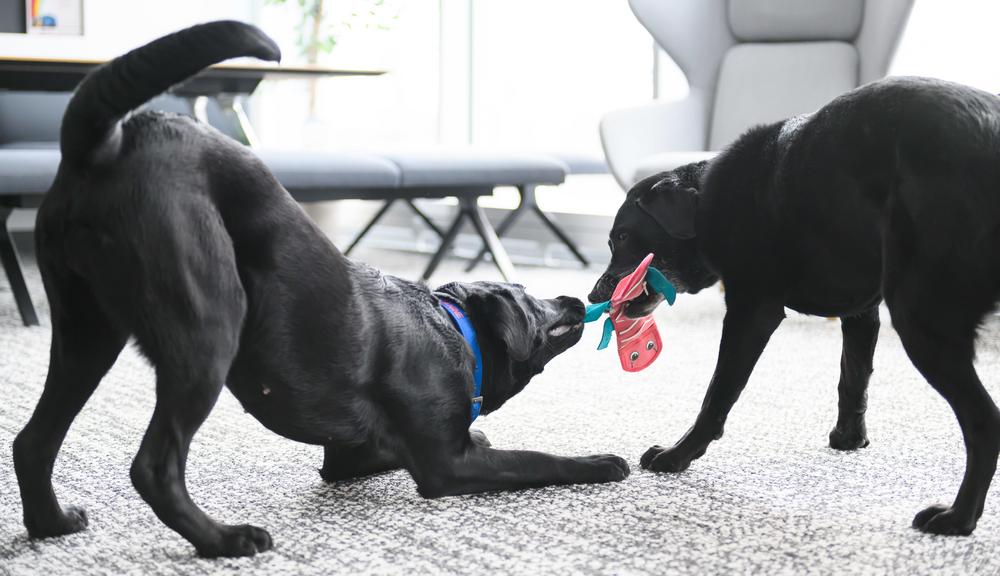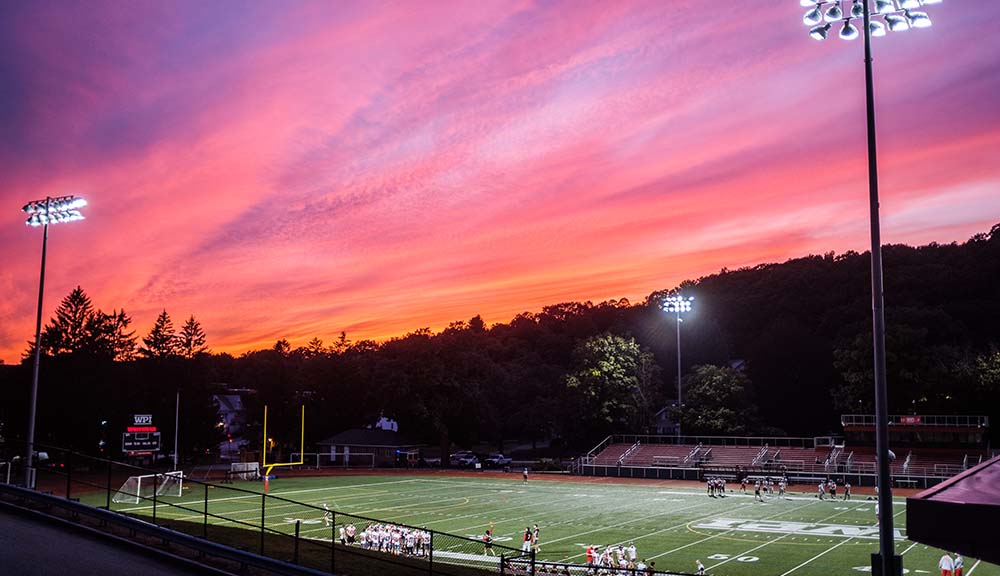Along the way, wrestling teams have garnered four New England championships (plus four runner-up recognitions) and multiple all-America and national ranking honors. That kind of achievement, he says, will naturally spark interest.
“Interest follows success. When the basketball team was winning just two or three games a year, you could hear crickets in the gym. But when it’s (ranked) ninth in the country, there are a lot of people in the stands. WPI wrestling has a long history of success, and crowds follow that,” says Hall.
Those crowds are more sophisticated than in years past, he believes. People understand what collegiate wrestling is, and do not expect to see pyrotechnics and over-the-top characters putting on a show. “That might have been the case 30 years ago,” he says, “but not anymore.”
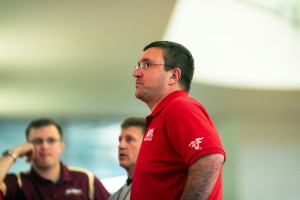
Steve Hall
A former WPI wrestler himself, Hall grew up in central New York State, where wrestling is extremely popular. So much so, he says, that the prevailing wisdom was that “if you couldn’t wrestle, you played basketball.” After graduating in 1987 with a degree in mechanical engineering design, he served as an assistant coach at WPI before launching his own electronics manufacturing company. Upon retiring from heading up the company, he assumed his present position of wrestling head coach.
He says he is very fortunate to be back here working with athletes dedicated to mastering what he calls a very difficult sport.
“It’s kind of a grinding sport, something not everyone can do,” he says. “But it is something special. It’s not necessarily fun all the time. Climbing Mt. Everest isn’t necessarily fun either, but when you get to the top it feels pretty good.”
As for the wrestling family, that term can be applied almost literally to this group. Former head coach Phil Grebinar, who spent more than 30 years building the WPI wrestling program, is godfather to one of Hall’s children. A former wrestling teammate is godfather to his other child. “And we’ve all gone to each other’s wedding,” he adds. In addition, two alumni are assistant coaches for Hall.
“It’s always been that way; people graduate and want to come back and continue,” says Hall. “At any alumni event, the biggest crowd is always the wrestling alums. Whenever we have a wrestler inducted into the Hall of Fame, the group is double the normal size.”
- By Mike D’Onofrio
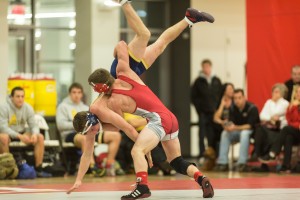 Wrestling program enjoys success and loyalty
Wrestling program enjoys success and loyalty
